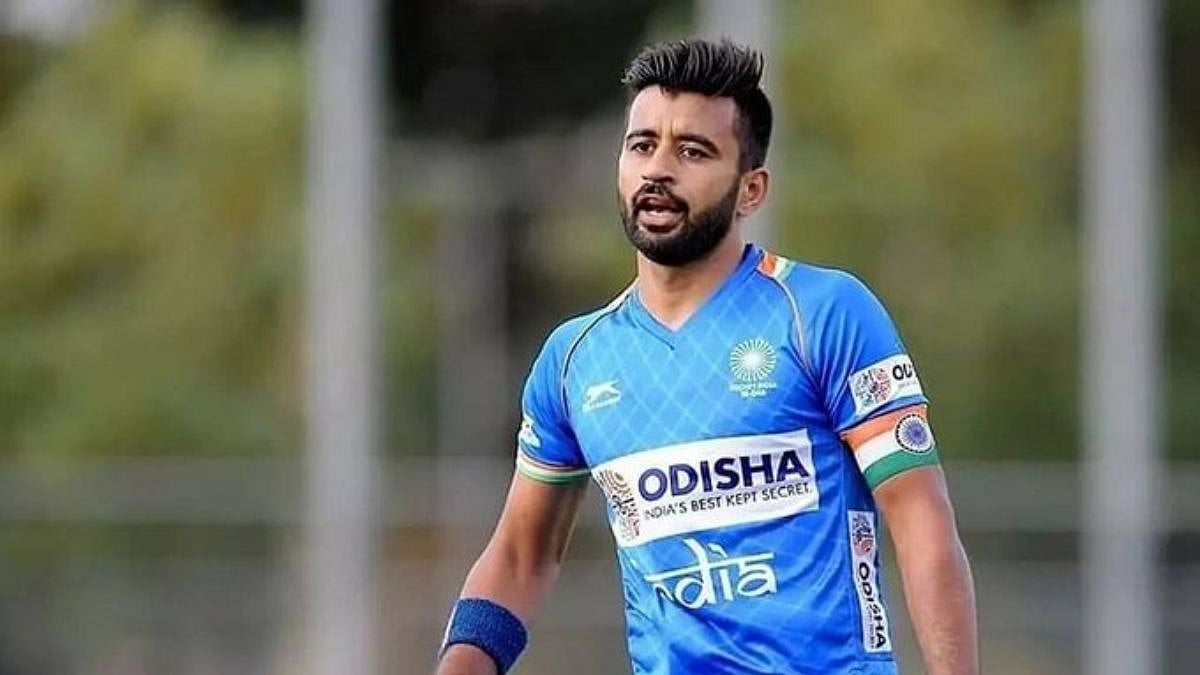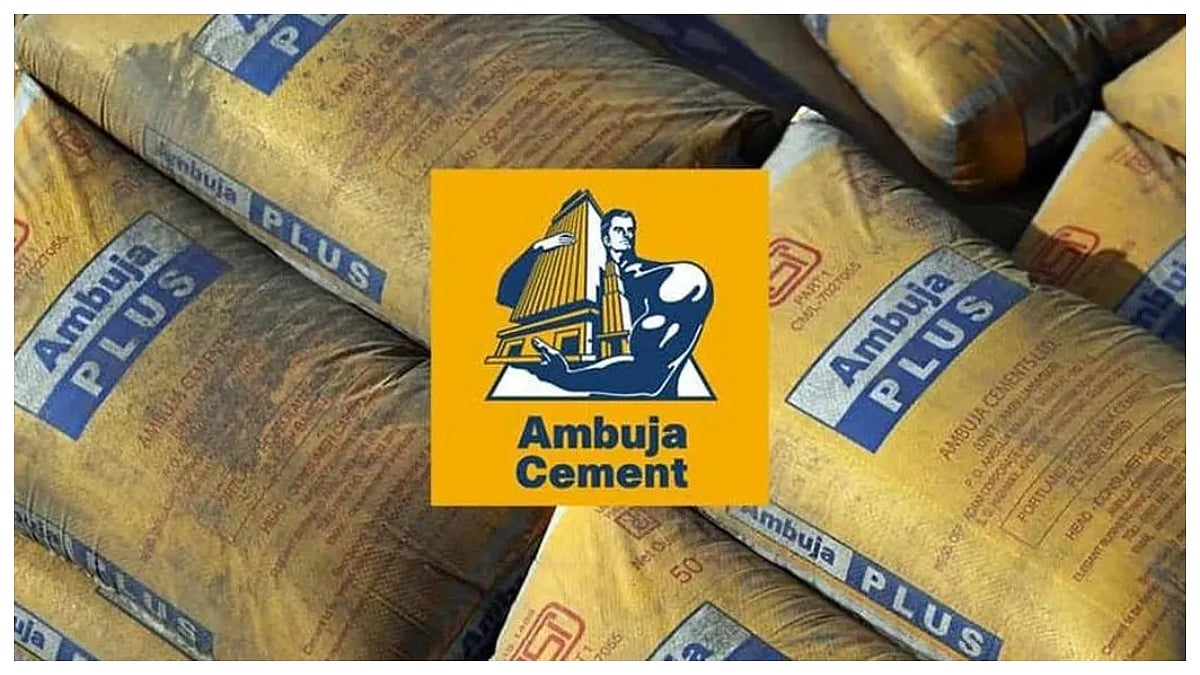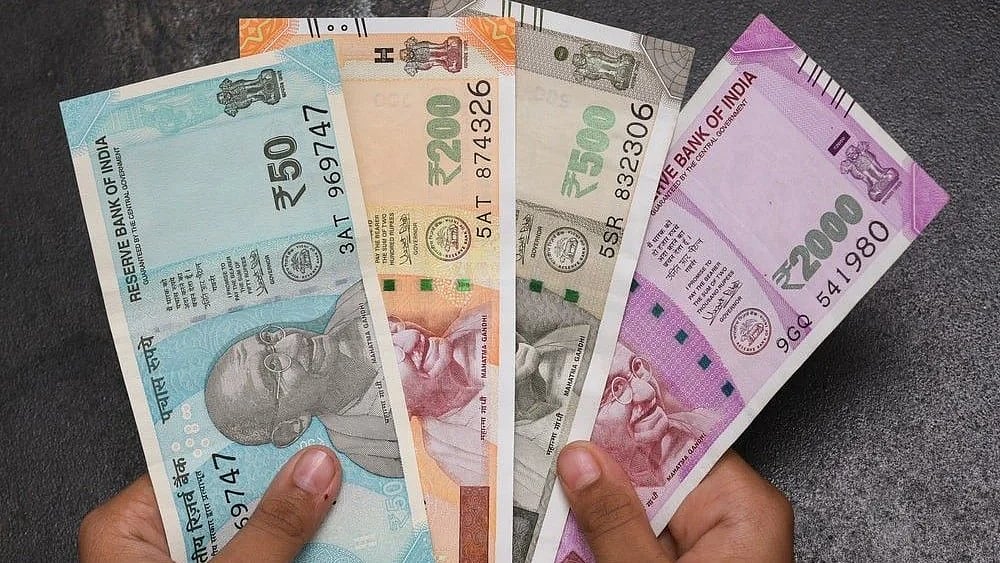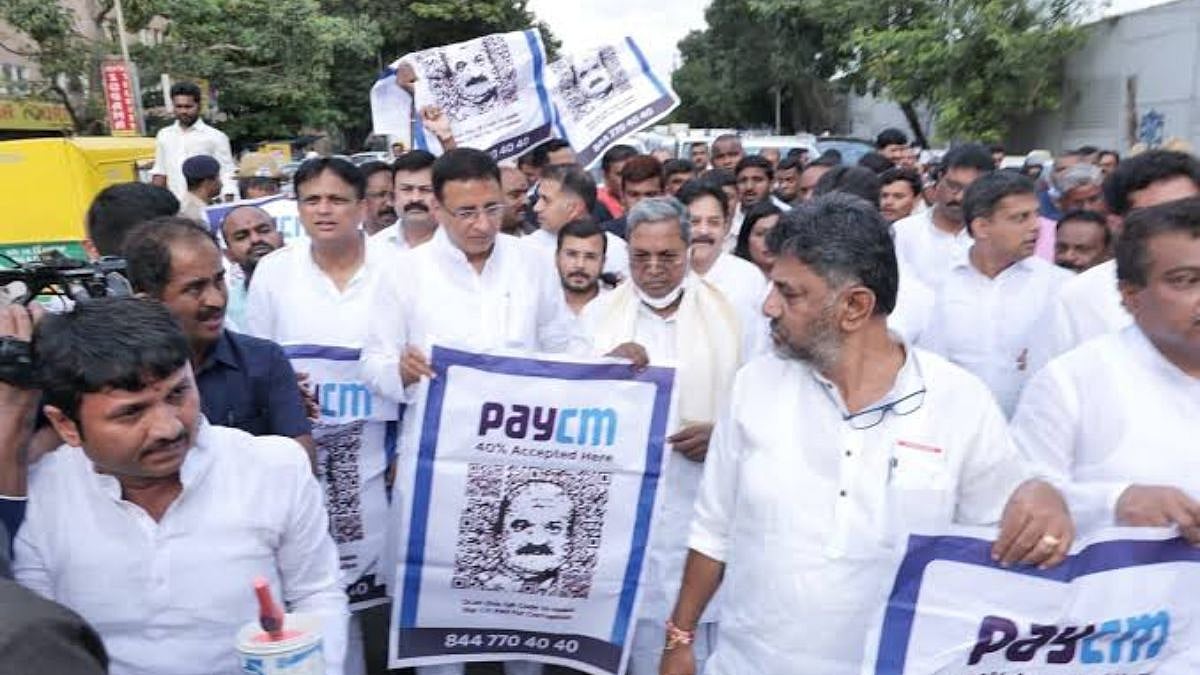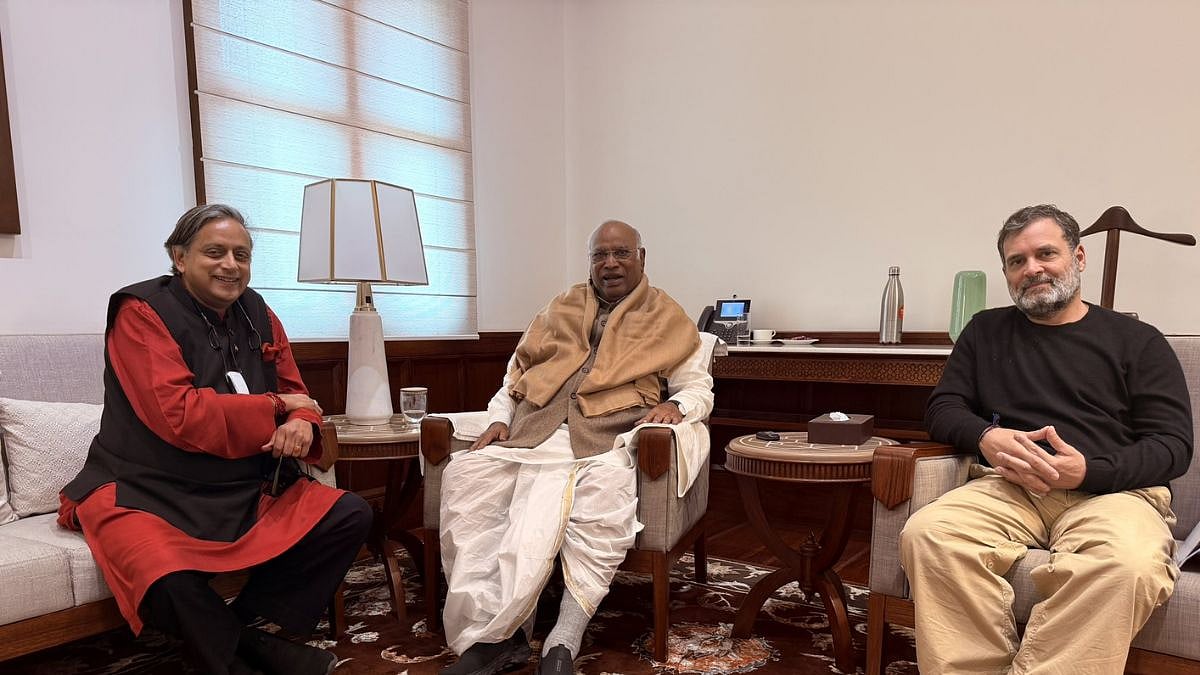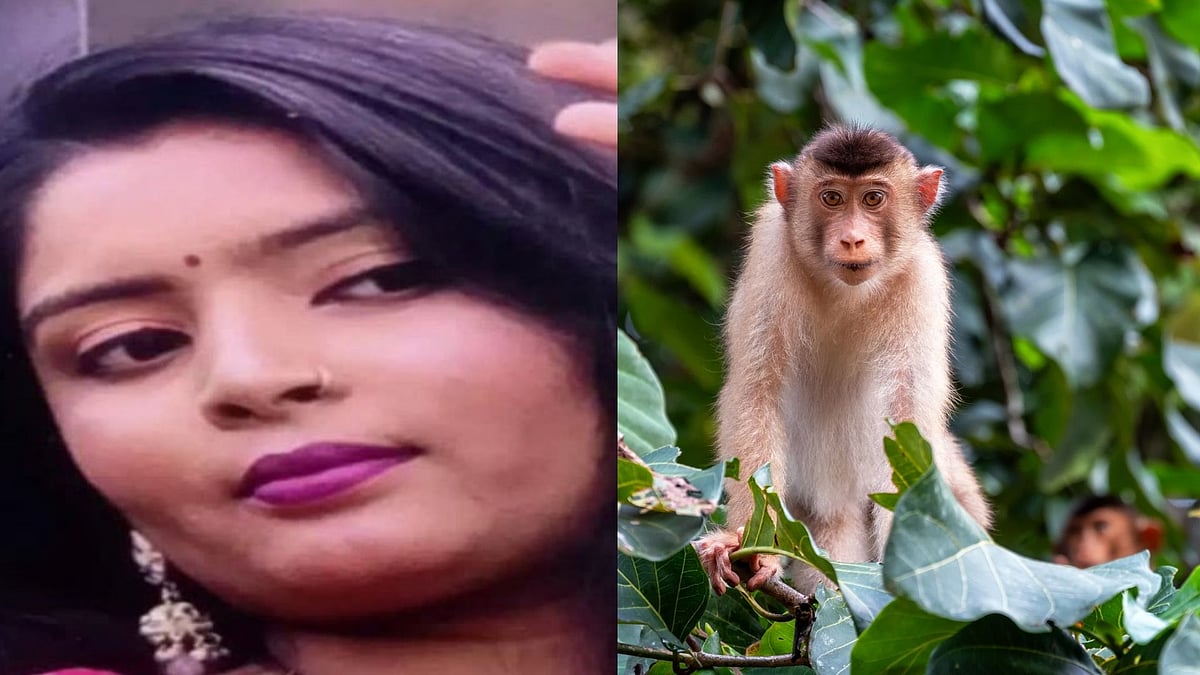Political parties have intensified their campaign ahead of the Lok Sabha polls before the Election Commission of India announces the dates and the Model Code of Conduct is implemented across the country. Parties will have to adhere to this code, which remains in place until the electoral process is completed.
What is Model Code of Conduct?
The Model Code of Conduct in Indian elections is a set of guidelines and rules that political parties and candidates are bound by during the election period. The Election Commission enforces the code to ensure fair and free elections.
The main objectives of the Model Code of Conduct are to prevent unfair practices and ensure a level-playing field for all political parties and candidates.
Vital features of Model Code of Conduct include
General conduct
- Political parties and candidates should avoid activities that may create tensions between different communities or religious groups.
- Criticism of other political parties should be based on policies and programmes, and should not involve any personal attacks.
Meetings and processions
- Prior permission must be obtained for holding public meetings, rallies and processions.
- The use of loudspeakers is regulated, and their usage must conform to the time restrictions imposed by local authorities.
- Processions are not allowed to pass through areas declared as silence zones.
Polling Day
- No campaigning is allowed on the day of polling.
- All political advertisements and campaign-related activities are prohibited on polling day.
Polling Booths
- Only voters, election agents and polling staff are allowed inside the polling booths.
- No loitering, propaganda, or canvassing is allowed near the polling booths.
Observers
- Political parties can appoint their agents to observe the election process, but they must adhere to the guidelines provided by the ECI.
Party in Power
- The ruling party, both at the national and state levels, should not use government resources for campaign purposes.
- Ministers are required not to combine official visits with election work or use official machinery for the poll work.
Code Enforcement
The Election Commission of India is responsible for enforcing the Model Code of Conduct and taking action against any violations.
What can the government not do during Model Code of Conduct?
Announcements and Policy Decisions
- The government should not make any announcements of new projects, schemes, or policies that may influence the voters during the Mode Code of Conduct period.
- Ongoing schemes and projects should not be used for political gains.
Use of Government Machinery
- The government machinery, including officers and officials, should not be used for the benefit of any political party or candidate.
- No limit for own vehicles which a candidate may use for electioneering purpose though, he has to furnish details of all such vehicles to DEO, to enable expenditure observer to check expenditure.

Transfers and Postings
- The government should refrain from making major bureaucratic transfers and postings during the Model Code of Conduct period. A prior approval from the Election Commission is needed if a transfer or posting of officers in absolutely necessary.
Use of Public Spaces
- Government premises, vehicles, and equipment should not be used for campaign purposes.
Model Code of Conduct's Legal Status
The Model Code of Conduct is a set of guidelines and not a law. According to the Election Commission's website, Model Code of Conduct is not enforceable by law. Its adherence relies on the co-operation of political parties and candidates.
However, certain provisions of the code can be implemented by invoking relevant provisions in other statutes, including the Indian Penal Code of 1860, the Code of Criminal Procedure of 1973, and the Representation of the People Act of 1951.
There are concerns that political parties and candidates may attempt to influence or undermine the enforcement of the code through pressure, legal challenges, or by exploiting loopholes in the guidelines. This can make it difficult for the Election Commission to take strict and impartial action.

